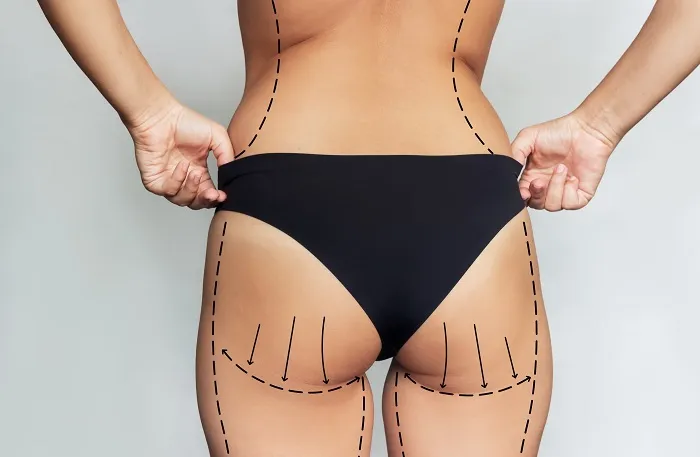The Chartered Trading Standards Institute (CTSI) has warned that untrained individuals are offering risky cosmetic procedures—such as fat injections, Brazilian butt lifts (BBL), Botox, and fillers—in makeshift locations. Public toilets, hotel rooms, and pop-up high-street stalls have all been flagged as sites where these services take place.
Dangerous Practices and Unsafe Products
Investigators uncovered reports of fillers administered in cubicles and backrooms, far removed from regulated clinical environments. Equally troubling is the online sale of unlicensed filler kits for as little as £20, and “lemon bottles” of fat-dissolving injectables that lack proper safety oversight. Such products can put lives at risk when used without medical supervision.
Postcode Lottery Fuels Cross-Border Travel
Regulations on minimum ages for cosmetic procedures vary widely across the UK. This “postcode lottery” has driven some young people to travel between regions in search of cheaper or more permissive treatments. CTSI leaders say this patchwork system further complicates efforts to protect vulnerable consumers.
Call for National Licensing and Coordinated Action
Kerry Nicol, CTSI’s external affairs manager, urged the government to introduce a national licensing scheme. “Consumers’ lives are put at risk every day,” she said. Nicol emphasized that trading standards alone cannot tackle the problem; coordinated action by multiple agencies and clear licensing rules are urgently needed.
Industry Experts Demand Stronger Regulation
Ashton Collins, director of Save Face—a register of certified practitioners—echoed these concerns. Collins has long called for a ban on liquid BBL treatments outside qualified surgical settings. “Without urgent action, lives are put at risk,” he said, noting the recent death of Alice Webb following an unsafe liquid BBL procedure. Collins urged lawmakers to strengthen enforcement of existing regulations.
Public Advised to Verify Qualifications
The CTSI is warning consumers to be vigilant: always check the credentials of anyone offering cosmetic treatments, avoid deals promoted on social media, and never purchase unverified products for home use. Simple red flags—like advertisements for facial injectables in a kitchen or public restroom—should prompt customers to walk away.
Next Steps and Government Response
CTSI has contacted the Department of Health, but no official response has been received yet. In the meantime, trading standards and patient-safety groups continue to press for clear, enforceable rules to crack down on unlicensed practitioners and protect the public from dangerous beauty procedures.
You Might Be Interested In:
- Shiseido’S New Serum Slows Skin Aging
- Slimming Groups: Why Weight Loss Drugs Can’T Replace Group Support
- Nixol Launches Safe, Natural, And Lasting Weight Loss Solution


